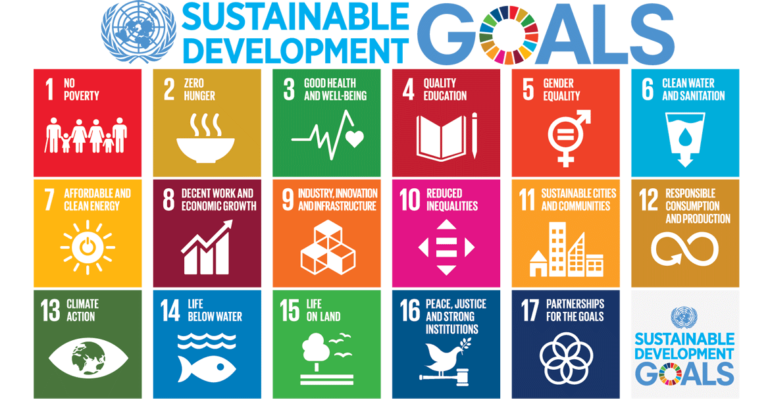Blog by Liliana Mosca, UN Representative to Food and Agriculture Organisation, Rome.
“Last month, I attended the 10th International Forum on Food and Nutrition: ‘Fostering Business and Innovation while preserving Mother Earth’, held in Milan. The forum promoted healthy and sustainable people’s choices and exhibited the relevance of food for societies, towards the UN Sustainable Development Goals (SDGs) and the Paris Climate Change Agreement. Today, in Europe, the food system is responsible for around 30% of greenhouse gas emissions and 44% of water consumption.
Vanessa Hauc, Journalist and Senior Correspondent for Noticias Telemundo, moderated the Forum. High on the agenda were the following questions:
1) How do we enable a radical transformation towards the sustainability of agri-food systems and eating patterns, with substantial benefits for human health, economic growth, social well-being and the environment?
2) What are the demands for integrating actions and strategies from the different stakeholders?
3) How do we activate and mobilise a responsible engagement and participation from the different stakeholders to implement necessary actions and strategies towards the Agenda 2030?
The Forum included a morning plenary with opening remarks by leading experts in this field. Particularly appreciated was the speech of Carlo Petrini. He focused on local communities, affirming that they are an underestimated resource that should be cared for and valued in the interest of the common good of the planet.
Guido Barilla, President of Barilla Foundation explained:
“With just 10 years left to achieve the SDGs of the UN 2030 Agenda, it’s clear we have an urgent need to intervene on current agri-food systems, because the idea of development and progress based on the belief that the planet’s resources are unlimited is no longer viable. We need to look at food in its economic, social and environmental dimension, placing all the actors concerned, from private sector to citizens, at the heart of the Development Agenda, to lay the foundations for an inclusive, lasting and prosperous future”.
According to the ‘Growing Better: Ten Critical Transitions to Transform Food and Land Use’ study, presented at the Forum by Jeremy Oppenheim, Founder and Managing Partner, Systemiq, Barilla’s approach would bring economic benefits: an investment in the transformation process of agri-food systems, amounting to $300-350 billion a year (less than 0.3% of global GDP), would generate a return of about $5.7 trillion – more than 15 times the initial cost – creating new business opportunities of up to $4.5 trillion a year by 2030.
 In the afternoon, the Forum included the following parallel working groups:
In the afternoon, the Forum included the following parallel working groups:
IPCC Report – Connecting Food and Climate Change,
Food Education – Rethinking Education for Sustainable Development,
Digitising Agri-food – Pathways and Challenges,
Food & Cities: the Role of Cities in Achieving the SDGs,
Farmers of the Future – Which Perspectives for European Agriculture?,
Preserving Mother Earth: Food Culture, Local Traditions and Biodiversity,
Fixing the Business of Food: the Food Industry and the SDG Challenge,
SU-EATABLE LIFE – Driving the Transition Towards Sustainable and Healthy Diets.
During the Forum, the Barilla Foundation presented the study entitled ‘Fixing the Business of Food: The Food Industry and the SDG Challenge‘. The study, launched in New York, in the margins of the 74th General Assembly of the United Nations, draws a picture of the actions already implemented by the food sector and launches a call to action to its leaders, indicating the actions that will have to be taken, from now until the near future, to accelerate the transformation process and arrive at a sustainable management of food, land and food, water and oceans. Furthermore, the study ‘The State of Food Systems in Italy’, which is based on the evidence of the Food Sustainability Index (FSI). The study analyses the performance of 67 countries based on the sustainability of their food system for the achievement of SDGs. It starts from the three pillars of the FSI, namely sustainable agriculture, nutritional challenges, losses, and food waste, to photograph the best practices and challenges still to be faced in our country.
The Forum was also the occasion to present a first update on the Su-Eatable Life project, which aims to examine the effects that the adoption of healthy and sustainable diets have on water consumption and CO2 emissions.”

